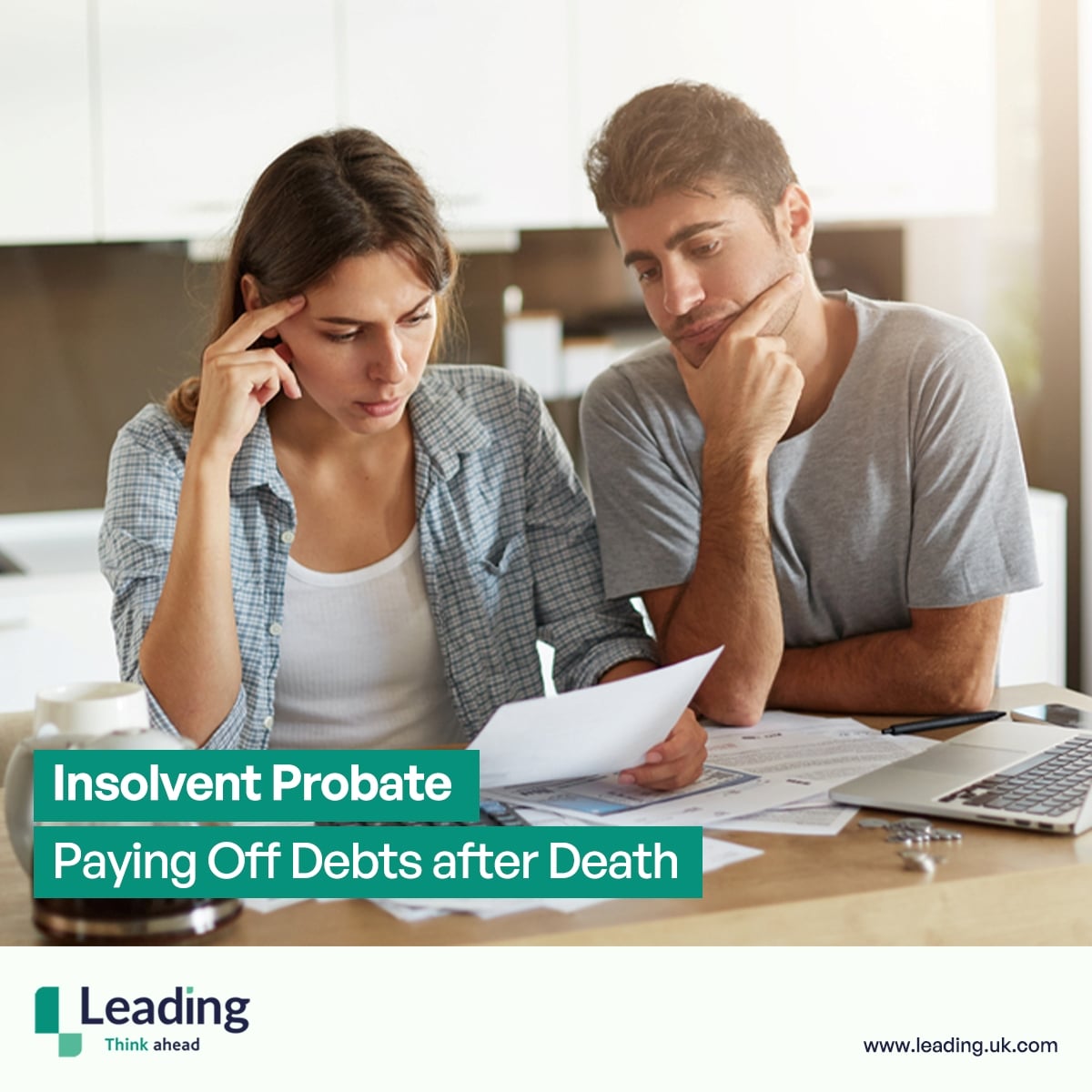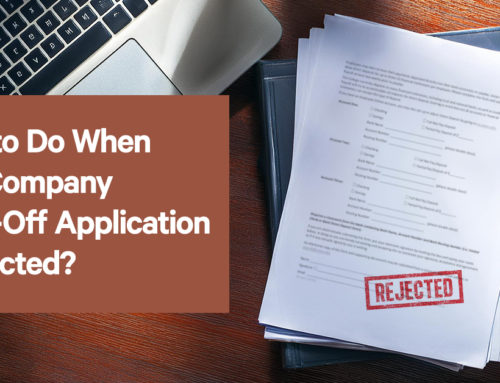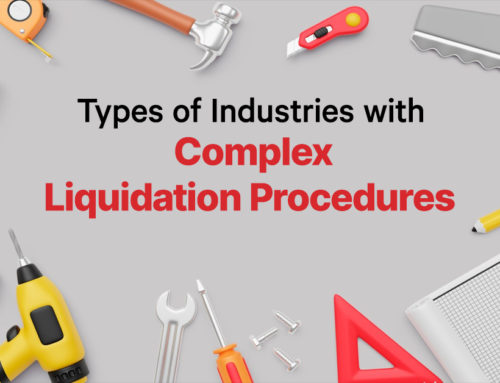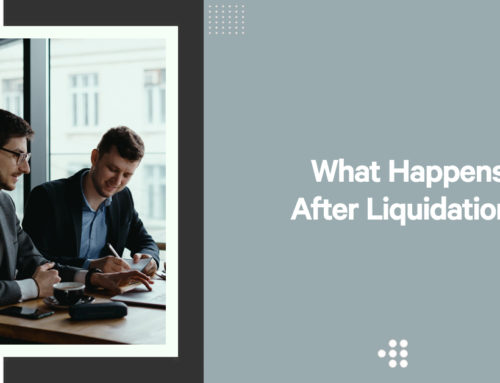When someone dies, the executors (or administrators if there is no Will) will be responsible for dealing with the deceased’s estate. There are a number of rules surrounding paying off the different debts and liabilities which were owed by the deceased, and these need to be followed correctly.
What Happens to Someone’s Debt After They Die?
If somebody dies, that doesn’t mean that their debts simply go away. It will be the role of the executor or the administrator to handle the distribution of the deceased’s estate (which is made up of all of the deceased’s assets such as their property, possessions and investments). Once the value of that estate has been calculated before the beneficiaries are assigned what has been left to them, any outstanding debts that the deceased had need to be settled.
There are a lot of people who are under the impression that debt is written off once someone passes away, but this is simply not the case. Regardless of how big the deceased person’s debt is, whether it is an unpaid bill or a mortgage payment, it has to be settled and paid out of the estate.
How to Figure Out if there Is Enough Money to Pay Off the Deceased’s Debts
The role of the executor is to work out how much the estate is worth and counteract this with any outstanding liabilities that the deceased had. Debts include a number of different things such as credit cards, loans and funeral costs. The amount left over will help you understand whether the estate is solvent or insolvent.
An insolvent estate will be where the debts owed by the deceased come to more than the value of their estate. A solvent estate means that there is still money left over once the debts have been paid.
Below we will discuss six things that you will need to consider if the estate is insolvent.
Who Gets Paid First?
There is a legally binding priority as to who should be paid first when a deceased person has outstanding debts. The order is as follows:
- Secured creditors: They will recover anything which is owned to them from the asset which has secured the debt in question. Such secured debts include the likes of mortgage payments on a property or a loan taken out for a car.
- Funeral expenses: These expenses are usually reasonable compared to the size of the estate. For instance, if there are debts outstanding on an estate worth £7000, then you won’t be able to hold a £6000 funeral.
- Testamentary expenses: These expenses include anything which has been incurred as a result of the administration of the estate. Be sure to keep a record of all of these expenses.
- Preferred and preferential debts: These are rare and, in most cases, won’t apply. Wages owed to employees are a good example of preferential debts.
- Unsecured creditors: These include debts that are owed to the local and central government, as well as bank loans and utility bills.
- Interest owed on unsecured loans.
- Deferred debts: These include the likes of an informal loan paid by a family member.
What Happens When Debt Exceeds the Value of the Estate?
If the debt of the deceased exceeds the value of their estate, then that estate will be considered insolvent. You should seek assistance from professionals if this is the case so that they can assist with the repayments, ensuring they coincide with the order which is outlined above. If payments are not made in accordance with this, then there could be subsequent repercussions.
Can Executors be Held Responsible for Debts?
The most important part of being an executor is to ensure that you’re dealing with the estate in the correct way. The only way you, as the executor, could ever be held responsible for debts is if you do not pay creditors from the estate when there is enough money to do so. Not to mention, if you distribute the estate incorrectly so that beneficiaries don’t receive the share they are owed, then you could also be held responsible for this.
Can Beneficiaries be Held Responsible for Debts?
Beneficiaries cannot be held responsible for debts unless they are also the executor and act incorrectly, as stated above. The only other way you could be held personally responsible for the debts of a loved one would be if you have a joint loan agreement with them.
What Are the Dangers of Unknown Debts to the Executors?
Given there is a chance executors could become personally responsible for debts, there is always the worry that there are some debts which are difficult to locate. One of the most effective ways that you can make sure there aren’t any unknown debts attached to the deceased is to work with a solicitor. You can also put out an ad in the paper which notifies people of the passing of the deceased, which gives time for anyone they may have been indebted to come forward and provide proof of such debts.
How Do I Find the Right Help?
Given there is a risk of personal liability to the executors if an estate is insolvent, you will no doubt be considering enlisting the help of professionals to assist. We at Leading UK have licensed insolvency and probate experts who will be able to help with the distribution of your deceased’s estate so that as much of the outstanding debt is paid off in the correct manner.

Our team will be able to take a look at the estate and work out how much can be paid and in what order the different debts will be settled. If you have any questions or would like any more information about the different ways we can help you, please do not hesitate to get in touch.






